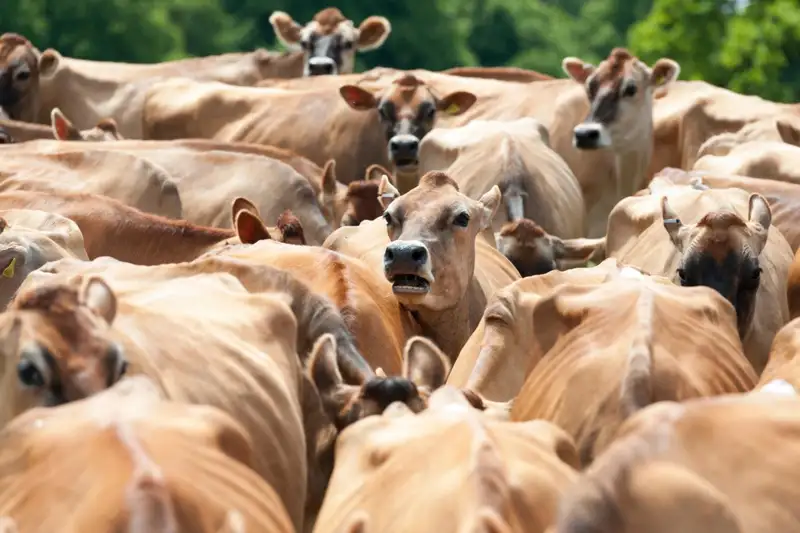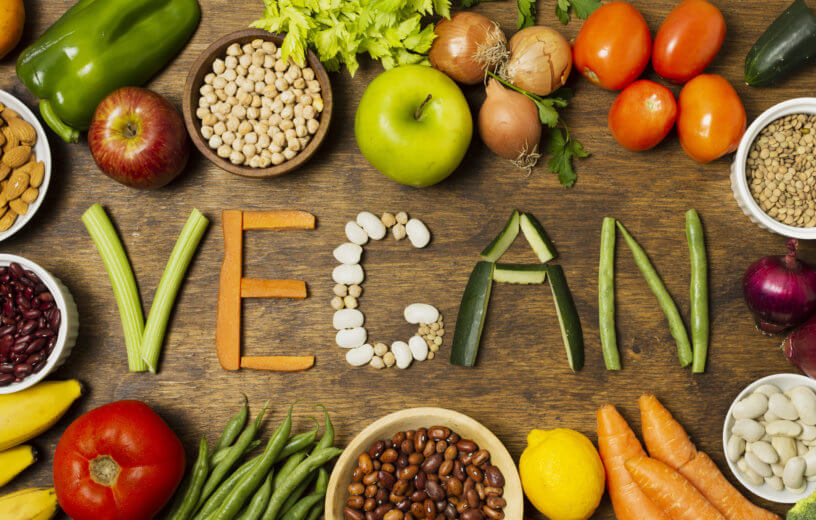
How food consumption influences the environment?
Food production is a major driver of greenhouse gas (GHG) emissions, water and land use, and dietary risk factors are contributors to non-communicable diseases.

Food GHG emissions
In 2021, food production contributes around 37% of global greenhouse gas (GHG) emissions, demonstrating the enormous impact our diets have on climate change. Methane and carbon dioxide, for example, trap heat in the atmosphere and are a major contributor to climate change.


